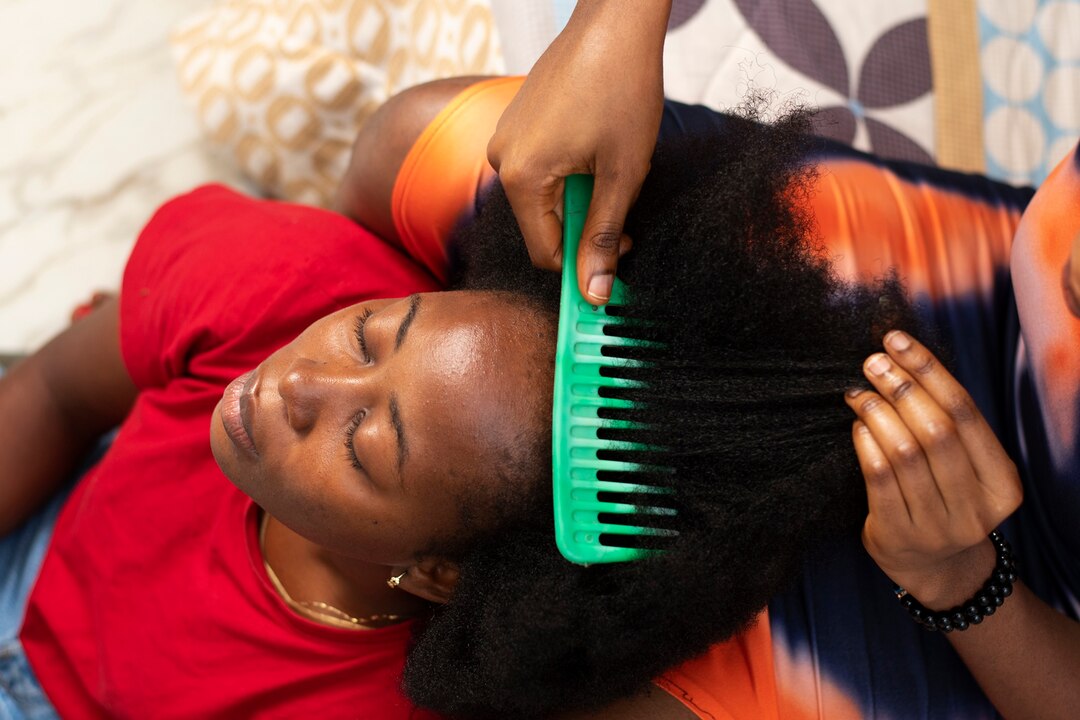Haircare is deeply rooted in culture and tradition, reflecting a rich tapestry of customs, beliefs, and heritage. In South Africa, hair holds significant cultural and social importance, with practices passed down through generations serving as a connection to ancestral roots and identity. From traditional grooming rituals to the use of natural ingredients, these time-honored practices continue to shape the way South Africans care for and style their hair. In this article, we’ll explore some of the haircare practices passed down through generations in South Africa and their enduring significance in today’s modern world.
Embracing Natural Beauty
One of the most cherished haircare traditions in South Africa is the celebration of natural beauty. For centuries, many indigenous communities have embraced their natural hair textures and styles, using traditional methods to care for and adorn their hair. From intricate braiding techniques to elaborate hair ornaments, these practices reflect a deep appreciation for the diversity and beauty of African hair.
The Art of Braiding
Braiding is an integral part of South African haircare culture, with a long history dating back generations. Braids are not only a practical way to manage and protect hair but also a form of artistic expression and cultural identity. Different braiding styles, such as cornrows, twists, and bantu knots, carry symbolic meanings and serve as a means of communication within communities.
Herbal Hair Treatments
Herbal hair treatments have been used in South Africa for centuries, harnessing the power of nature to nourish and strengthen hair. Ingredients like aloe vera, shea butter, marula oil, and castor oil are prized for their moisturizing, conditioning, and healing properties. These natural remedies are often passed down through oral tradition, with knowledge of their benefits shared from one generation to the next.
Rites of Passage
In many South African cultures, hair plays a significant role in traditional rites of passage and coming-of-age ceremonies. Young girls may undergo special hair rituals or receive intricate hairstyles to mark milestones such as puberty, marriage, or initiation into womanhood. These ceremonies not only signify important life transitions but also reinforce cultural identity and values.
Spiritual and Symbolic Significance
Hair holds spiritual and symbolic significance in many South African cultures, representing identity, status, and connection to the divine. Traditional hairstyles may incorporate symbolic elements such as beads, shells, or feathers, each carrying its own meaning and significance. Haircare rituals are often performed with reverence and respect, honoring the spiritual connection between hair and the self.
Passing Down Tradition
The transmission of haircare practices from one generation to the next is a cherished tradition in South Africa, fostering a sense of continuity and community within families and communities. Mothers, grandmothers, and elders play a vital role in teaching younger generations about the importance of caring for and embracing their natural hair. Through storytelling, demonstration, and hands-on practice, these traditions are preserved and passed down with love and pride.
Embracing Diversity
In today’s modern world, South Africans continue to honor and celebrate their haircare heritage while embracing diversity and innovation. Traditional practices are evolving alongside contemporary trends, with individuals experimenting with new styles, techniques, and products. From natural hair salons to online communities dedicated to celebrating African hair, there is a growing movement to reclaim and redefine beauty on one’s own terms.
Haircare practices in South Africa are a testament to the enduring power of tradition, culture, and community. From the art of braiding to the use of herbal treatments, these practices reflect a deep connection to the land, the ancestors, and each other. As South Africans continue to navigate the complexities of modern life, they carry with them the wisdom and resilience of generations past, embracing their natural beauty and cultural heritage with pride and reverence.








